1999
Major scandals that have rocked Nigeria’s democratic journey since 1999
After years of struggle characterised by wanton arrests, imprisonment, and assassinations of pro-democracy activists, Nigeria finally returned to the path of democratic governance on May 29, 1999.
This gesture, which drove the military back to the barracks and ushered in a new dispensation, is most often referred to as Nigeria’s fourth republic. This has so far been the longest civilian rule without inference from the military since Nigeria’s independence in 1960. The journey has, however, not been smooth. The trajectory has witnessed some controversies that were weathered by the sheer will of Nigerians to strengthen their nascent democracy. Below are some of the major scandals that have rocked the democratic journey since 1999.
SALISU BUHARI AND HIS TORONTO CERTIFICATE
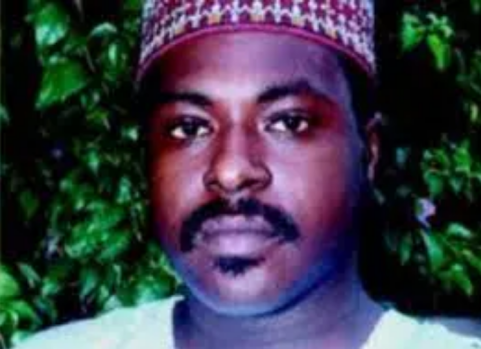
With barely two months into the inauguration of the 1999 set of House of Representatives members, the Green Chamber was rocked by a scandal that is arguably still one of the most daring and barefaced incidents involving a political officeholder in Nigeria.
Ibrahim Salisu Buhari, the young lawmaker from Kano State who had emerged as the Speaker of the House, was exposed to have not only falsified his age, but also presented bogus academic credentials.
According to The News Magazine, which unearthed the scandal, Buhari had claimed that he obtained a Bachelor of Science in Business Administration from the University of Toronto, Canada, in 1990; a diploma in accountancy from Ahmadu Bello University (ABU), Zaria, in 1988; and that he served under the National Youth Service Corps (NYSC) in 1991. Again, Buhari was said to have been born on January 3, 1963.
But it later emerged that Salisu Buhari was actually born on January 3, 1970, making him 29 years old at the time he contested and won election to the House, whereas the constitution pegs the age limit for a member of the House at 30. It was also revealed that he actually got admission into ABU, but he was withdrawn because he falsified his credentials.
Again, available records at the time showed that he never went to the University of Toronto in Canada and did not take part in NYSC, according to The News Magazine.
Though he initially denied the allegations, the revelation that the federal government had concluded plans to prosecute him forced his hand as he tendered his resignation as speaker and member representing Nasarawa federal constituency on July 22, 1999, exactly 49 days after his election.
OBASANJO’S THIRD-TERM POLITICAL AMBITION
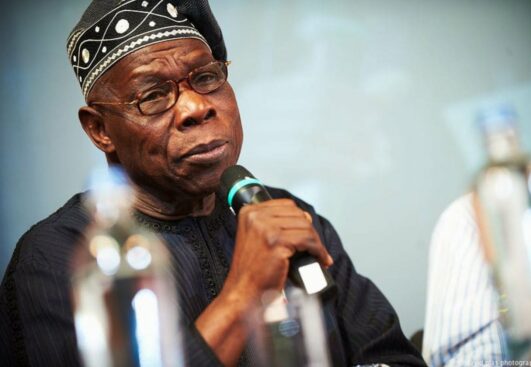
During the twilight of the administration of President Olusegun Obasanjo’s second term in office, Nigeria’s political scene was thrown into pandemonium when the National Assembly was considering a move to change the constitution to allow the president to contest for a third time.
While the former president denied he ever nursed the ambition of ruling the country for another four years, the event showed the readiness of Nigerians to safeguard the democracy attained through blood and sweat.
Ken Nnamani, the Senate President at the time (2006), said at the public presentation of his book, “Standing Strong: Legislative Reforms, Third Term, and Other Issues of the 5th Senate,” that by adjourning the senate in the course of the constitutional amendment process, some senators in support of the bill had a change of mind after interacting with their constituents.
He added that the live transmission of the plenary on May 16, 2006, when an alteration of the constitution to allow three terms for Nigeria’s presidents was being considered, forced some senators to abandon support for the bill.
Years later, the report of some lawmakers being given cash in ‘Ghana-must-go’ bags to vote in favour of the bill remained a major taint on the National Assembly.
2007 PRESIDENTIAL ELECTION
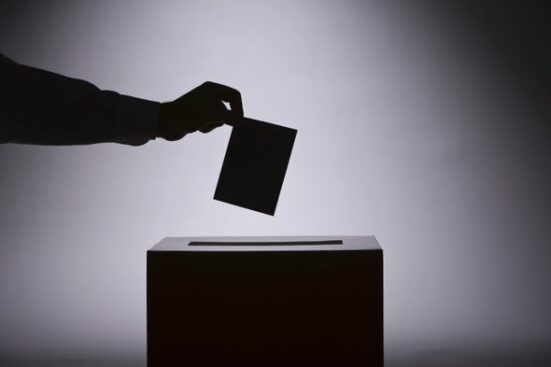
With the third-term presidential attempt of Obasanjo defeated, the elections that brought his predecessor, the late Umaru Musa Ya’ardua, into power were considered the worst in Nigeria’s history.
The conduct of the election made the European Union observers label it as “the worst they had ever seen anywhere in the world, with rampant vote rigging, violence, theft of ballot boxes, and intimidation.”
Apart from this submission, the inability of the INEC to adequately plan for the election threw the process into chaos, with voting commencing in some parts of the country around 5 p.m. on election day due to the late arrival of materials.
Before the election, the INEC did not include the name of Obasanjo’s embattled Vice President, Atiku Abubakar, among the presidential candidates, but the Supreme Court ruled against it a week before the election.
After the election, Ya’ardua proclaimed the election flawed and promised to enact new laws that would strengthen the electoral process.
IMBROGILO OVER JONATHAN’S STATUS IN YAR’ADUA’S ABSENCE
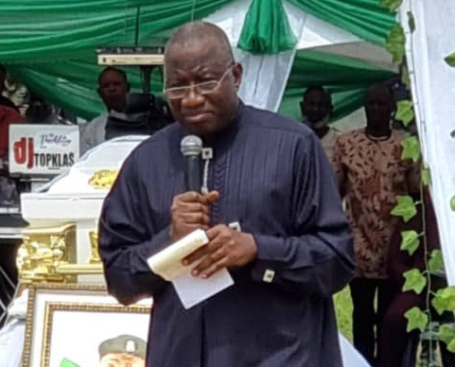
Perhaps one of the most challenging periods in Nigeria’s democratic journey was when then President Umaru Musa Ya’ardua took ill and was flown to Saudi Arabia for treatment without formally handing over to his deputy as envisaged by the constitution.
His absence in the country for 10 weeks stalled governance, which prompted the National Assembly to make his vice president, Goodluck Jonathan, the acting president, a move that was opposed by members of Yar’adua’s cabinet.
The act was termed by the then Senate President, David Mark, as the “doctrine of necessity due to a lack of constitutional precedent.”
Before the solution by the National Assembly, the polity had been heated up along both religious and ethnic lines, with many from the southern part of the country where Jonathan comes, interpreting the power play as a strategic agenda to deny the South-South the opportunity to govern the country.
PATRICIA ETTEH
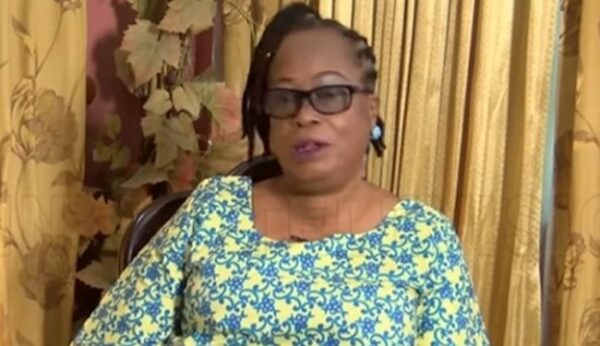
On June 6, 2007, Patricia Etteh became Nigeria’s first female Speaker of the House of Representatives. But the trained hairdresser and beauty therapist, who later became a lawyer, had one of the shortest tenures as the number four citizen of Nigeria.
Two months after her emergence, accusations of corruption were raised against her. She was made to face an ad hoc committee over accusations that she had authorised the spending of N628 million on renovations of her official residence and that of her deputy, and the purchase of 12 official cars meant for the House of Representatives.
During one of the committee’s sittings where she had appeared to defend herself, chants of ‘Thief!’ ‘Thief!” in Yoruba were directed at her, with the session degenerating into a commotion with the lawmakers descending into a free for all. She was eventually escorted out by the security men, and on October 30, 2007, after weeks of pressure, she resigned. Her deputy, Babangida Nguroje, also resigned.
FUEL SUBSIDY AND FAROUK LAWAN’S JOURNEY TO JAIL
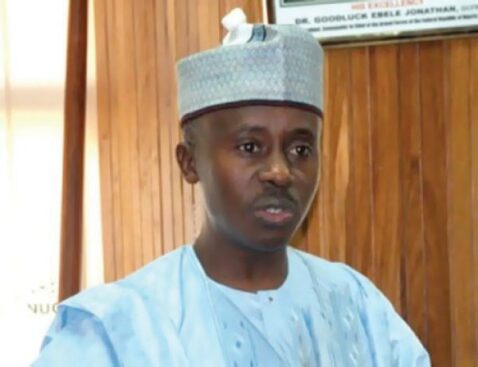
In 2012, the House of Representatives’ ad hoc committee set up to probe petroleum product subsidies came up with the finding that the government overpaid some markers to the tune of N229.7 billion between 2010 and 2011.
The chairman of the committee, Faruk Lawan, the soft-spoken Kano-born lawmaker who had made a name for himself as “Mr. Integrity,” submitted the report, which contained a list of companies that had ‘defrauded’ the government, on the floor of the House. But a few days later, he became enmeshed in a bribery scandal that would later make him an inmate at Kuje Custodial Centre. A video of him receiving and stuffing wands of dollar notes into his cap, ostensibly as a bribe from one of the marketers, emerged.
Almost 10 years later, Justice Angela Otaluka of the FCT High Court convicted him and sentenced him to seven years’ imprisonment for receiving a $500,000 bribe while serving as the chairman of the House’s ad hoc committee.
The court held that Lawan demanded $3 million and received $500,000 as a bribe from Femi Otedola, a Nigerian billionaire oil mogul, in 2012. The judge held that he took the bribe to remove Otedola’s oil company, Zenon Oil and Gas, from the list of firms indicted for fraud in the fuel subsidy regime. His sentence was later reduced to five years by the Supreme Court.
OCCUPY NIGERIA PROTEST
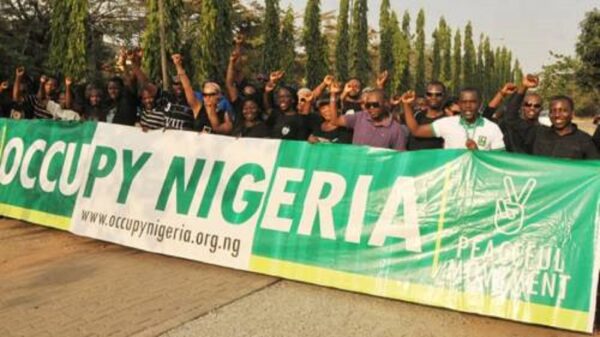
The Occupy Nigeria protest emanated from the decision of the government to remove the fuel subsidy, thereby increasing its cost from N65 per litre to N141.
The protest, which started on January 2, 2012, was a massive movement of Nigerians that nearly crippled the country’s economy as government workers and those in the private sector declared strikes to join the protest.
While the protest took on a political undertone as opposition parties took advantage of it, it served as an avenue for Nigerians to vent their anger over the continued rise in the cost of living and corruption in the country. The continued protest forced the government to lower the cost to N97.
RIOT AT THE NATIONAL ASSEMBLY
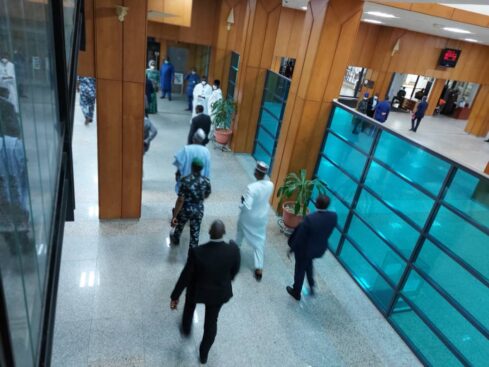
Following the defection of the then Speaker of the House of Representative, Aminu Tambuwal, to the main opposition party, security personnel blocked his access to the national assembly.
This led to chaos in the legislative arm of the country, resulting in a face-off between lawmakers and the police. The latter used tear gas to stop the lawmakers from gaining access to the complex.
With all access to the complex blocked, some of the lawmakers resorted to scaling the fence, while others forced the pedestrian gate open before Tambuwal gained access to the complex.
INVASION OF SENATE PRESIDENT, HIS DEPUTY’S RESIDENCES

In 2018, security operatives were used to intimidate the legislative body, especially the senate, which had been termed by the government as its main opposition.
The first was that of operatives of the DSS storming the residence of Senate President Bukola Saraki to effect his arrest. The arrest warrant was issued by the Inspector General of Police on the basis that he had some questions to answer due to his alleged connection to the perpetrators of the Offa robbery that claimed the lives of residents.
On the same day, the house of his deputy, Ike Ekweremadu, was barricaded by officials of the EFCC on the guise that he had some questions to answer on the case of money laundering.
While Saraki slipped through the arrest, his deputy was not so lucky.
The actions were believed to be a result of the planned defection of the Senate president with some other lawmakers.
Also, a siege was laid on the National Assembly complex by the DSS to prevent lawmakers from gaining access to their chambers in August. This followed the defection of the Senate president to the opposition party.
The aftermath led to the sack of the then-Director General of the DSS.
MACE THEFT
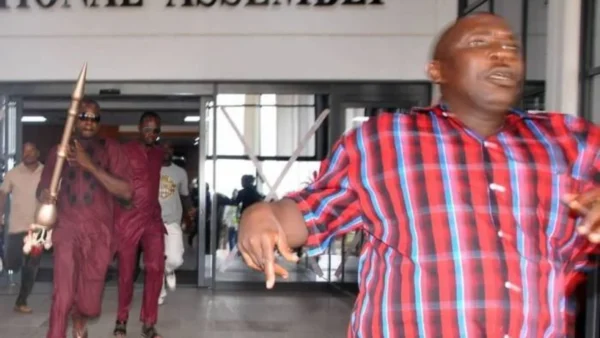
Still in 2018, the Senate was engulfed in drama when its mace was stolen by thugs who stormed the red chambers. While fingers were pointed at Senator Ovie Omo-Agege, who appeared in the chamber in the midst of his suspension, the Delta Central senator denied leading the thugs to the chamber to steal the mace.
According to the police, the mace was eventually found at the City Gate a day after it was stolen, and Omo-Agege was arrested for the theft. He was later released and would end up as the Deputy Senate President in the 9th Assembly.
ORUBEBE’S DISRUPTION OF 2015 ELECTION
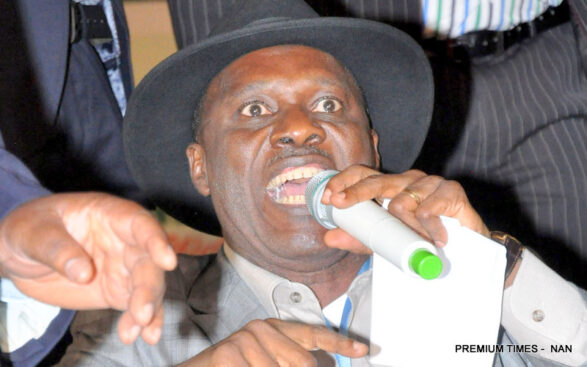
The 2015 election that brought popular opposition figure Muhammadu Buhari to power remains one of the most intriguing in Nigeria’s history, especially at the anti-climax that was witnessed at the collation centre.
While the election was adjudged one of the best and the incumbent conceded defeat even before the official declaration of Buhari as the winner, a former minister of Niger Delta Affairs and representative of President Goodluck Jonathan, Godsday Orubebe, disrupted the collation while making some allegations against the then INEC chairman, Prof. Attahiru Jega, when the former realised his principal would lose the election.
While Jega kept his cool during the drama, the antics of Orubebe, expected to stop the final declaration, will forever be etched in the minds of Nigerians.










